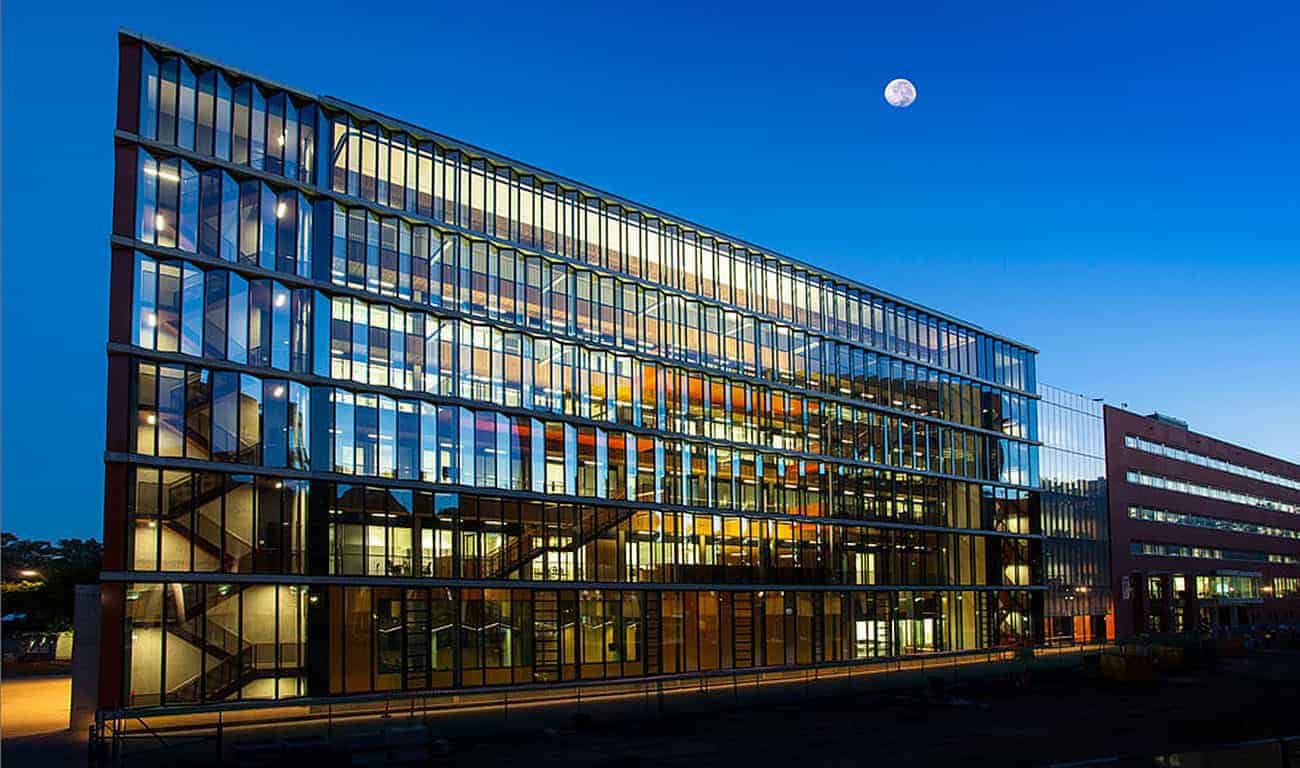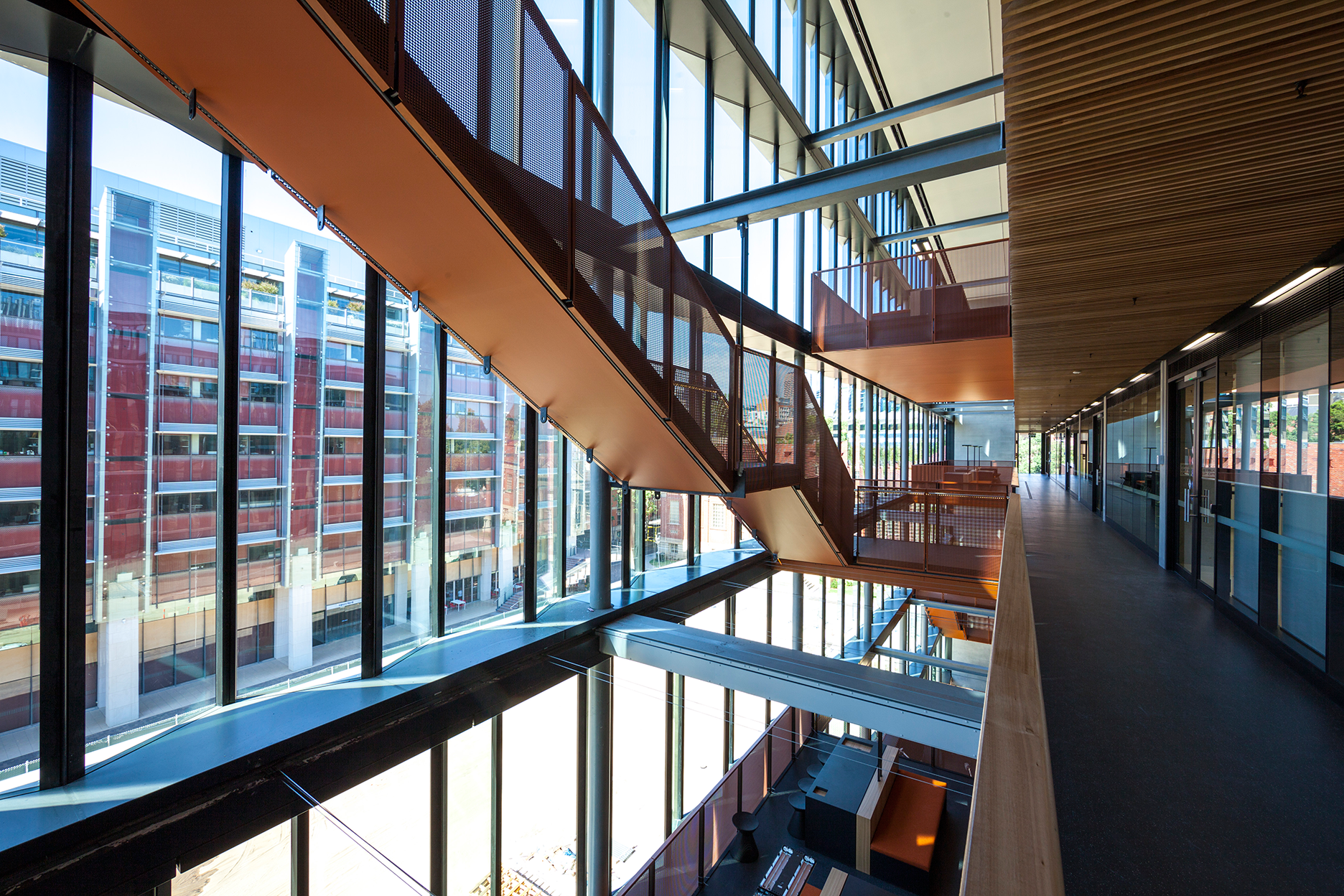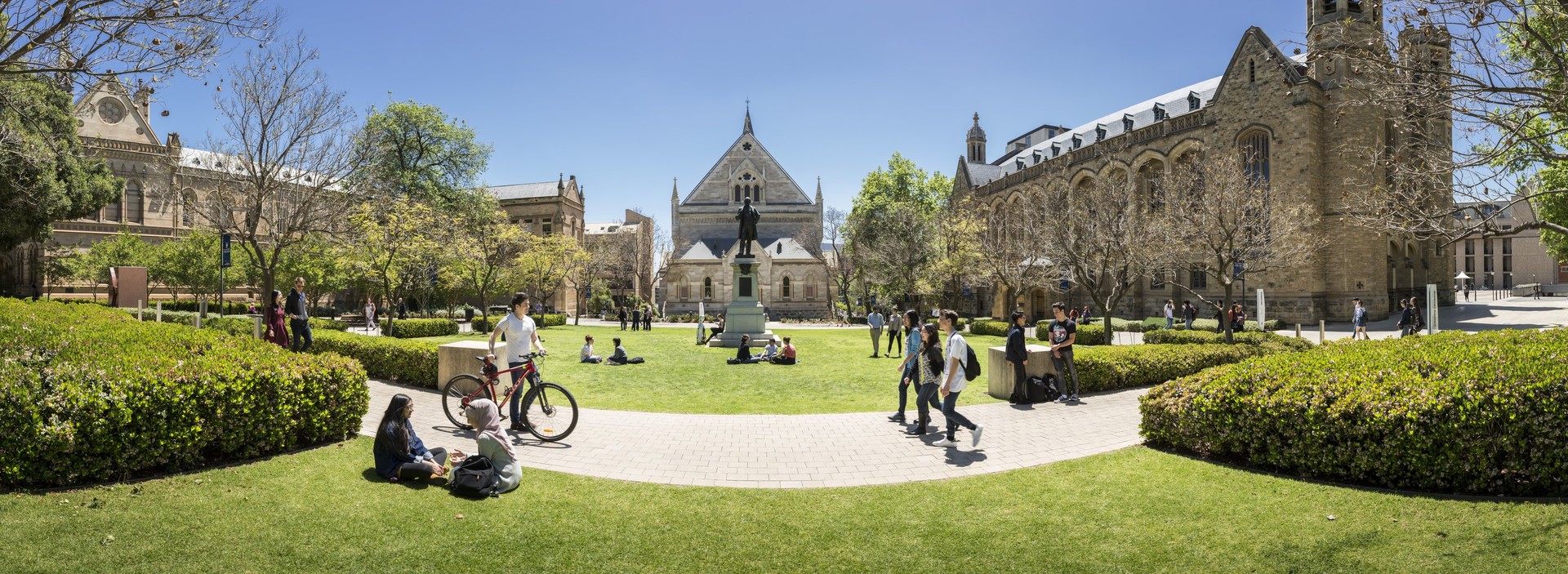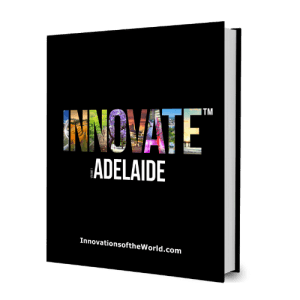THE PATHWAY TO PROSPERITY AND QUALITY OF LIFE IS UNDERPINNED BY INNOVATION
Innovation is a term frequently used but often not fully understood. Innovation occurs when something new is created that creates value. It is a key contributor toward improving productivity and quality of life.
“Innovation” and “invention” are sometimes used interchangeably. The two are inextricably related, but there is a distinct difference. Invention encompasses creating something new without a concern for value produced. Through unique intuition or genius, invention can involve developing a new device, method, process, improvement, etc. that never existed previously. Innovation takes a step further, converting the invention into a product or process valued by the market. Innovation is generated through a structured entrepreneurial process and aligned methodologies, such as lean startup, agile development, value proposition canvas, business model canvas, rapid experimentation, minimum viable product, product-market fit – all typically (formally or informally) strengthened by non-linear processes involving creativity and design thinking.

Of the countless inventions developed, few become innovations. Those that do, replace what was used previously. Joseph Schumpeter’s “theory of creative destruction” describes a process where new innovations replace existing ones rendered obsolete by more advanced technologies and/or a stronger value proposition than existed earlier.
Unfortunately, too many organisations do not comprehend the lost opportunities when innovation possibilities are not sought across the business value chain. Missed opportunities can occur when organisations neglect keeping an eye on the horizon for potential problems /opportunities, or particularly, when only a top-down management approach is pursued. Routinely, it is the frontline, customer-facing and production staff (bottom up) who comprehend issues firsthand and can generate innovative insights to solve problems.
Just a Quick Note:
InnovationsOfTheWorld.com has partnered with Trade License Zone (TLZ) to support global innovators looking to expand internationally. Take advantage of the UAE’s Free Zones—enjoy streamlined setup, low corporate taxes, and a strategic gateway to the Middle East and beyond.
Get Your UAE Free Zone License Fast & Easy!
Of the different types of innovation, incremental innovation should be enculturated into the organisation’s DNA. There is very little new in life … incremental innovations typically form out of more unusual combinations of what already exists within society. Encouraging creativity across all facets of education and within workplaces, is an effective first step to conceive and shape ideas. Collaborative open innovation is another approach to bring fresh thinking to organisations and industry. Breakthrough and disruptive innovations rarely happen overnight … they emerge out of a depth of research and experimentation, often over years, and require significant funding.

Developing innovation requires responsibility and a resolute ethical stance in relation to future potential negative impacts. Poorly managed innovation can lead to future wicked problems or grand challenges that no one organisation has capability to resolve; e.g., increasing space debris levels and floating discarded plastic ocean islands … both triggered by research, services, or products intended to be a valuable addition to daily life. In bringing innovation to life, all potential outcomes must be fully considered.
Innovation generates passion in people as it represents potential for economic expansion, societal progress, and profitable growth. In my roles over many years, I am certainly one of those people striving to achieve sustainable innovation that benefits purpose, people, planet, and prosperity.
PROFESSOR NOEL LINDSAY
Noel Lindsay is Dean of Business, Adelaide Business School and Pro ViceChancellor (Entrepreneurship) at the University of Adelaide, where he is the Professor of Entrepreneurship and Commercialisation. Prior to Noel’s current roles, he held positions as Director, Entrepreneurship, Commercialisation and Innovation Centre and Academic Director, Singapore Operations (based in Singapore).
Noel’s entrepreneurial experience includes venture capital investment, as well as establishing, developing, and harvesting ventures in Australia, South Africa, and Malaysia. From a community perspective, Noel has a particular interest in how entrepreneurial thinking can create value and societal and economic impact in communities, and how it can assist those who are disadvantaged. As a Chartered Accountant, a CPA, and a member of the Society of Trust and Estate Practitioners, Noel has practiced in the areas of audit, corporate insolvency, and family business advisory. He holds a BCom (Hons) and PhD from the University of Queensland.














